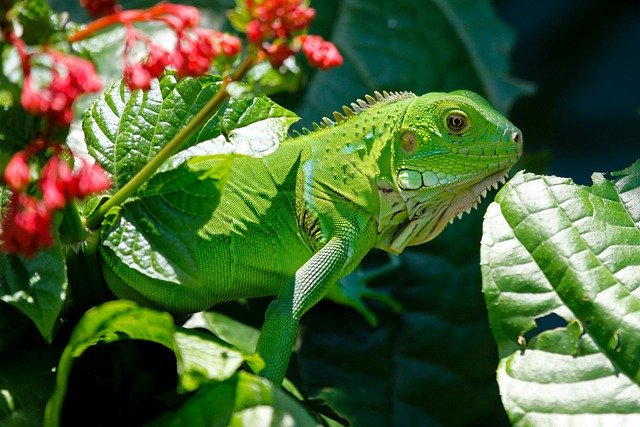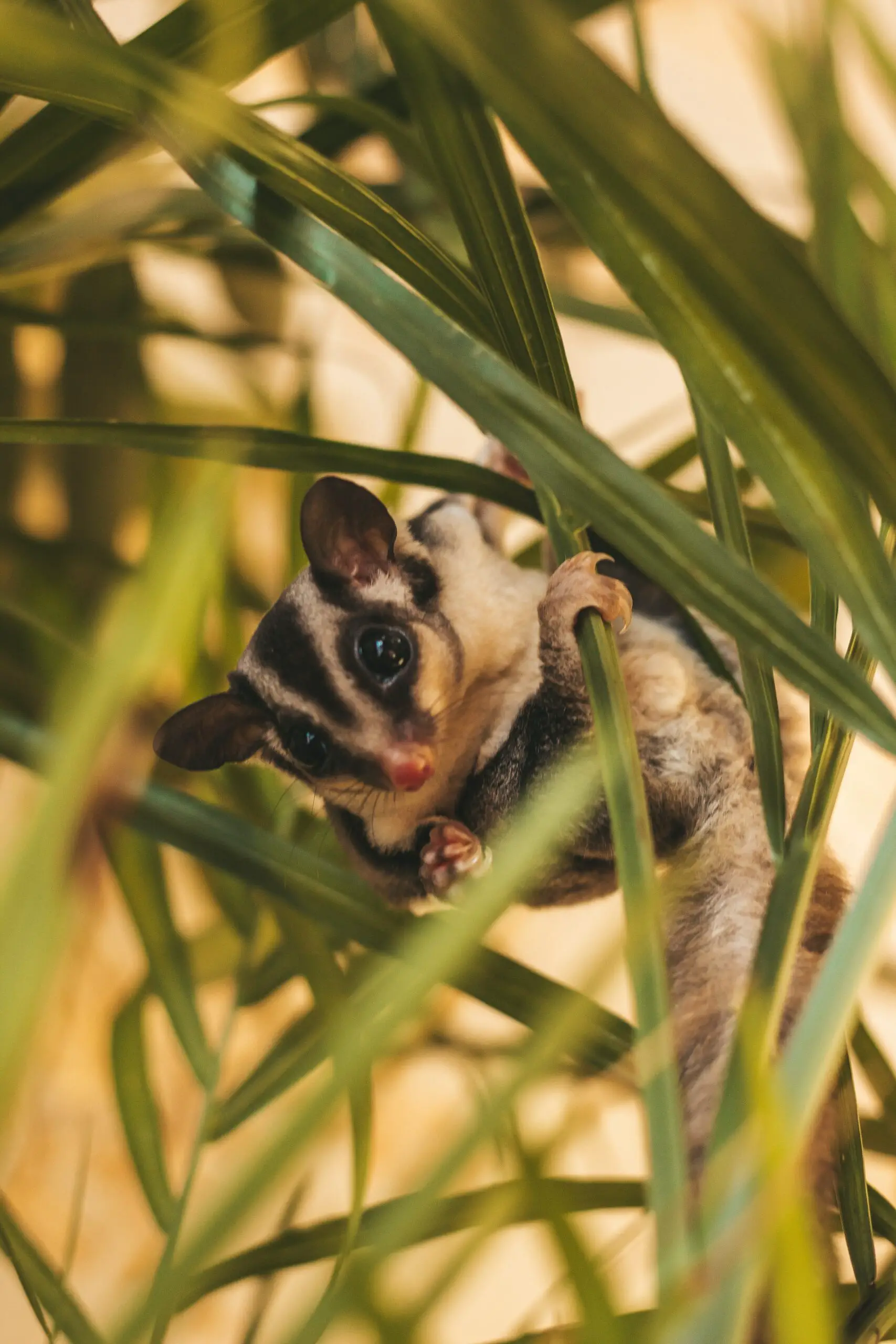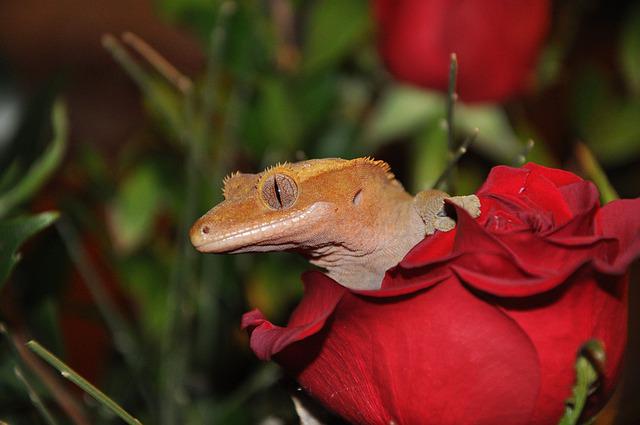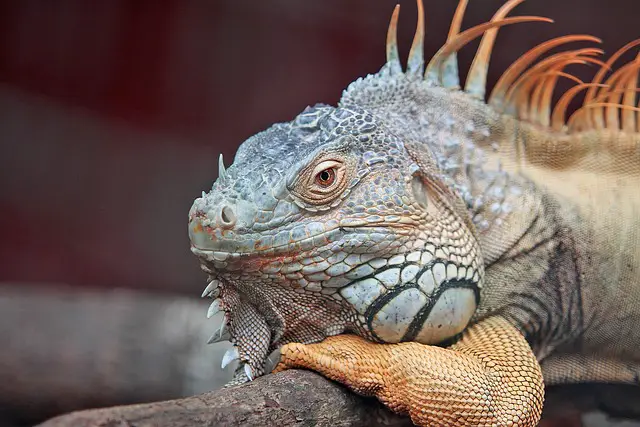Have you ever noticed your green iguana turning black and wondered what was happening? You’re not alone. Many iguana enthusiasts have observed their pets changing color and have theories about why it’s happening. Some believe it’s a sign of stress, while others think it might be a reaction to changes in temperature or humidity. So, what’s the truth? Read on to find out.
Why is my green iguana turning black?
As any reptile lover knows, iguanas come in various colors and patterned variations. However, one color that is usually not seen in these lizards is black.
If your green iguana has started to turn black, it might be a sign of a health problem. One possibility is that your iguana is suffering from a vitamin A deficiency.
Vitamin A is essential for proper skin health, and a lack of this nutrient can cause the skin to become dry and flaky.
It can also lead to discoloration, including a darkening of the skin. If you suspect your iguana is deficient in vitamin A, taking them to the vet for a blood test is the best way to confirm this diagnosis.
Another potential cause of blackening skin is hyperpigmentation. This condition occurs when there is an overproduction of melanin, the pigment that gives skin its color.
Hyperpigmentation can be caused by various factors, including stress, hormones, and certain medications. If you think your iguana’s blackening skin might be due to hyperpigmentation, it’s essential to take them to the vet for a check-up.
Only a qualified veterinarian can properly diagnose and treat this condition.
Other reasons for a green iguana turning black
Another possibility is that the color change is a stress response. Iguanas are very sensitive creatures, and even small environmental changes can cause them great stress. If your iguana is turning black, it could signify that something in its surroundings makes it feel anxious or unsettled.
Another theory is that the color change might be related to temperature or humidity levels. Iguanas are native to tropical climates and prefer warm, humid environments. If the temperature or humidity levels in their enclosure are too low, they may start to turn black as a way of conserving heat.
Finally, it’s also possible that the color change is simply a result of aging. Just like humans, iguanas get darker as they get older. So, if your iguana is starting to turn black, it could just be a sign that it’s getting older and isn’t feeling as vibrant as it used to be.
Conclusion
We don’t know why green iguanas sometimes turn black. It may be a response to stress, changes in temperature or humidity levels, or simply aging. If you’re concerned about your iguana’s health, the best thing to do is take it to a vet for a checkup. They’ll be able to tell you if everything is typical or if there’s something else going on that you should be aware of.








